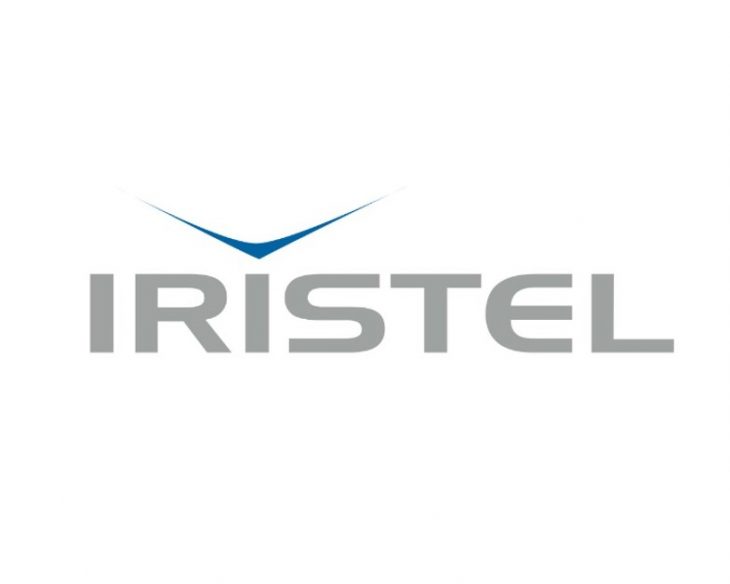
Company gearing up for multi-day court battle with CRA as hearings resume
By Ahmad Hathout
MARKHAM-BASED TELECOM Iristel is hoping a favourable opinion from a renowned professor and expert on international tax law will help it win its grievance against the Canada Revenue Agency’s refusal to provide the company with tax refunds the agency alleges was obtained from an illegal long distance calling scheme.
The CRA is accusing the telecom of completing international long distance calls by using illegitimate suppliers that don’t report and remit tax to the Canadian government. While not accused of any wrongdoing, Iristel has been left without some $80 million it said it requires to pay suppliers and continuing funding operations.
On Monday, the Federal Court scheduled a two-day hearing in mid-October to address some aspects of the case, and said another hearing will be scheduled to hear Iristel’s case for interim relief, which would entail the company getting a portion of the withheld funds if successful.
Cartt.ca has reported on this case earlier this year here, here and here.
Iristel CEO Samer Bishay said his company has been resisting layoffs as a result, which would affect employees working on its now on-hold wireless expansion projects.
“This is a very important area of tax compliance globally, and disruptions from the tax collector can have a direct impact not only on legitimate export businesses, but on modern telecommunications as a whole,” said Richard Ainsworth, a professor of law at Boston University and New York University, who has decades of experience in tax and tech-based fraud.
Ainsworth wrote a report for Iristel on September 8 that the company is using as a supplement for its argument before the court. In the report, Ainsworth testifies that the CRA does not have a case because it hasn’t shown proof that an alleged carousel fraud exists – pointing to a CRA employee affidavit with alleged holes in it.
“The CRA has not stated (identified) a fraud, where it is, who did it, and how they did it,” Ainsworth said in a response to questions from Cartt.ca.
A carousel scheme works when an importer of a good does not report nor pay taxes to the government, sells the good down the supply chain until its exported, only to then import the same good again to continue the circle (i.e. carousel).
In examining CRA evidence, Ainsworth claims it lacks the specificity that such a case requires to prove said fraud: the exact trail of transactions that identifies the missing trader, and how the same long-distance minutes were reused for the scheme to make up the “carousel” part.
“Nothing is purchased by the missing trader, passed through the chain, then to Iristel, and then exported to a party who sells and re-sells the same minutes back to the initial missing trader,” Ainsworth said, adding the CRA did not give specific, follow-the-transactions evidence to show that that a carousel fraud exists.
Iristel reached out to Ainsworth between mid-July and mid-August after seeing a number of his papers about value-added tax fraud in multiple jurisdictions around the world, he said. Ainsworth has taken interest in Canada at least after a United Kingdom-based alleged fraud in 2017 involved extracting some $52 million in refunds from the CRA.
Ainsworth was not paid for the report. The agreement was that Iristel share the details of its case with Ainsworth and in turn the case would “add to my examination of the area, and (incidentally) become something I could publish and teach in my BU and NYU law classes.”
Ainsworth said he’s been researching missing trader fraud in the European Union for over 20 years and voice-over internet protocol (VoIP) missing trader fraud since 2009. He said he has often been on the side of governments in such cases, such as for the Internal Revenue Service, and other large organizations like the International Monetary Fund and the World Bank.
But this case is different, he said. “I suspected (but never knew) that the CRA lacked expertise in this area, and what they ‘thought’ was VoIP fraud was nothing more than normal activity in the field,” adding he’s not seen a case of VoIP carousel fraud in Canada.
“Show me the minutes,” he added.
Last week, the CRA asked the court to dismiss a second claim for about $22 million in interim relief made by Iristel in new court documents filed the week before. The agency argued to the court that Iristel cannot re-litigate the same interim relief request, which was denied by the Federal Court in April and upheld by the court of appeal in July.
Iristel argues, crucially, the court did not relinquish its jurisdiction on the matter in the July decision; the telecom alleges the CRA tried to ram through an assessment to move the case to tax court and alleges it abused its power in the process. The crux of Iristel’s argument is that the minister allegedly made an unfavourable assessment a day after an affidavit – the one Ainsworth disputes – by a CRA employee allegedly speculated, without evidence, that some wrongdoing was happening somewhere in the long distance supply chain.


